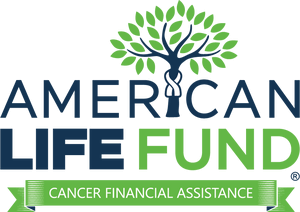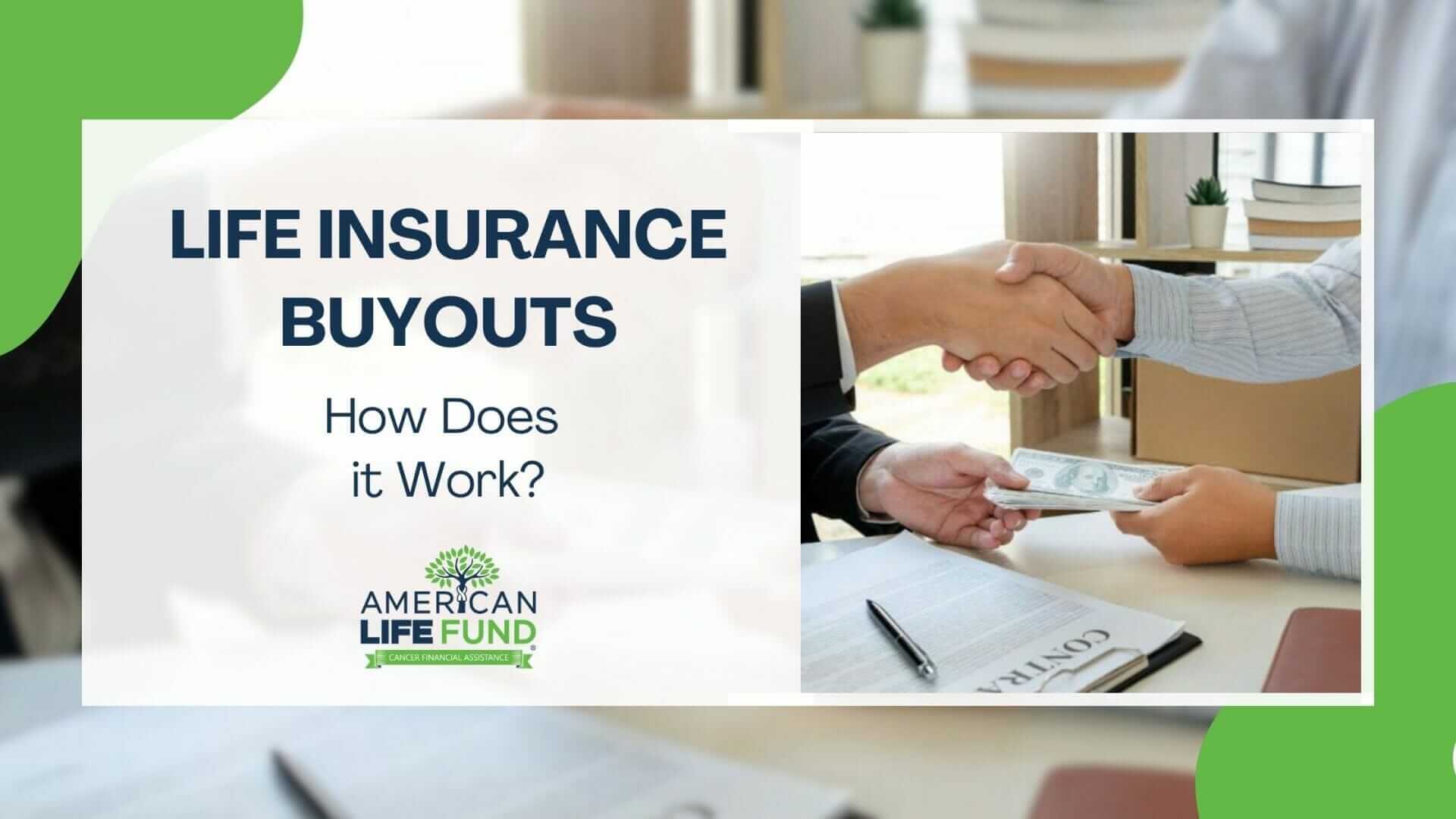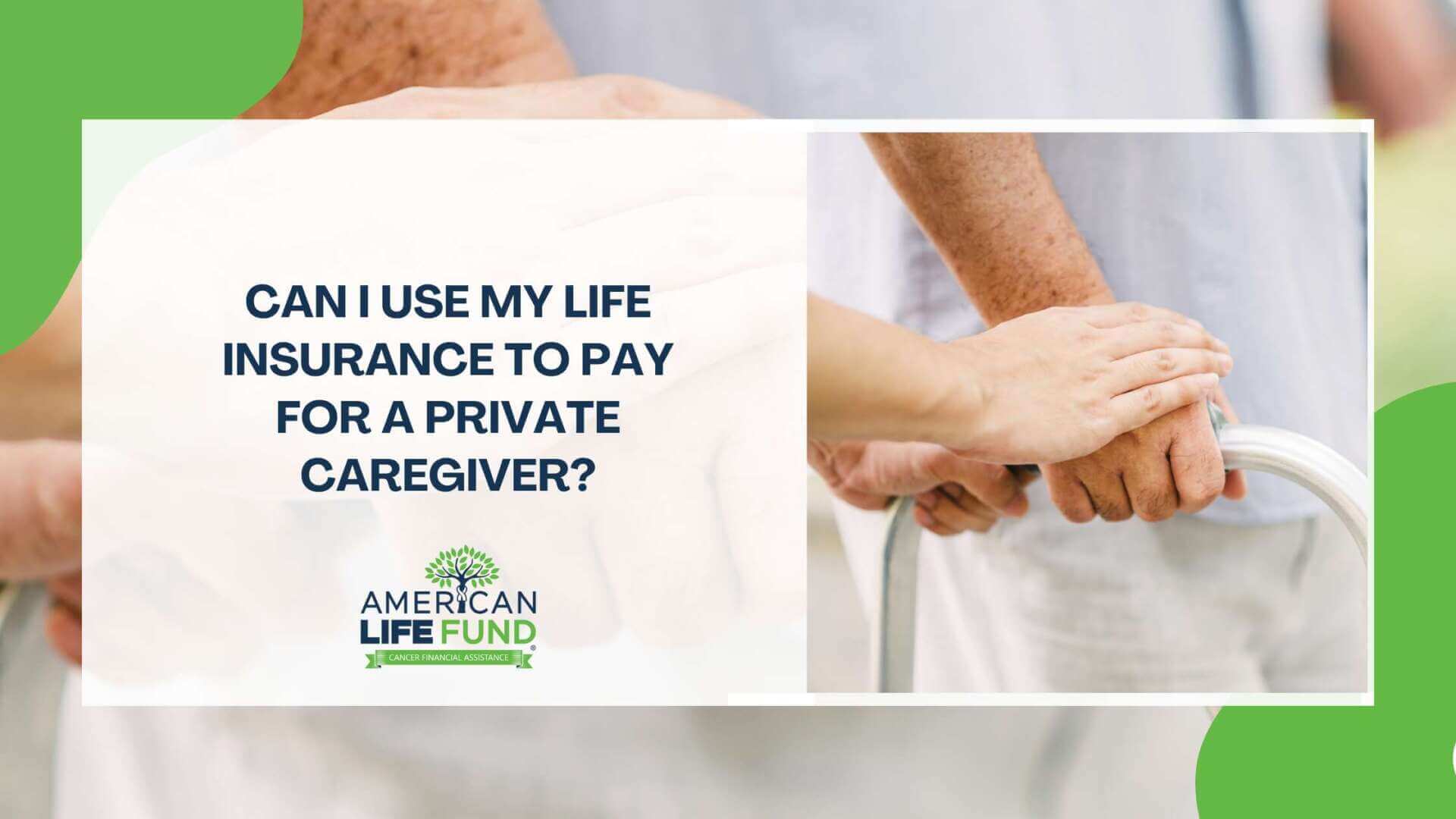Key Takeaways
- A life insurance buyout allows policyholders to sell their life insurance policy for a lump sum, typically higher than the cash surrender value but less than the full death benefit.
- This option provides immediate financial relief for unexpected expenses, medical bills, or significant life changes.
- Once sold, the policyholder forfeits the death benefit, and the buyer assumes responsibility for future premium payments.
- It’s essential to weigh the pros and cons and consult with a financial advisor before proceeding with a buyout.
Life insurance buyouts can be a game-changer for anyone needing quick access to cash. Whether you’re grappling with steep medical bills, navigating major life shifts, or tackling other pressing expenses, selling your policy to a settlement company offers a lump sum that could ease the strain. But is it the best move for your situation?
In this guide, we’ll walk you through how life insurance buyouts work, unpack their advantages, and highlight potential downsides to watch out for. By the end, you’ll be equipped to decide if this path fits your financial needs and goals.
What is a Life Insurance Buyout?
A life insurance buyout is a way for the policyholder to cash in on their life insurance policy. In exchange for the policy, life settlement companies will give the policyholder a lump sum of money, typically higher than the cash surrender value but less than the full death benefit.
This can be a good option for people who need money to cover unexpected expenses or no longer want to keep their life insurance policy.
It should be noted, however, that cashing in on a life insurance policy will typically result in a loss of coverage. It is important to weigh the pros and cons of a life insurance buyout before deciding. Before considering a buy out insurance policy option, there are some ideas to consider.
How Much Do You Get if You Sell Your Life Insurance Policy?
When it comes to selling your policy, you have two options:
Surrender Policy to Policy Carrier
If you surrender your policy to the insurance carrier, you will only receive the cash surrender value. This is typically a small percentage of what you have paid into the policy.
Sell Your Policy to a Life Settlement Company
If you sell your policy to a life settlement company, you will receive a lump sum of cash. The amount you receive will depend on several factors, such as:
- the type of policy
- death benefit
- health of the insured
- and more
If you are a Federal Employee and have been looking for a way to sell your Federal Employee Group Life Insurance policy, or FEGLI policy, check out our blog post How to Sell a Federal Employee Group Life Insurance Policy.
What Buyers Look For
When looking for a life insurance buyer, these companies will consider a few factors when determining your policy’s worth.
The first is the type of policy you have. Term Life insurance policies are measured against the insured’s life expectancy to determine if they are expected to outlive that term. For policies issued through employers, buyers must determine if the policy has been converted to an individual policy, allowing them to purchase it. They will also look at the specific details such as projected premiums, any riders on the policy, cash value, and whether any premium waivers exist. There are other types of insurance available such as universal life insurance and whole life insurance.
Another factor that buyers look for is the death benefit. The higher the death benefit, the more valuable the policy will be to the buyer.
Buyers will consider the policy’s premiums over the cash value. If the premiums are too high, it will be difficult to profit from the policy.
How Selling a Life Insurance Policy Works
If you are interested in selling your life insurance policy, there are a few things you need to know about the process.
First, you will need to find a buyer for your policy. There are a few different ways to do this, but the most common is to contact a life settlement company. These companies buy life insurance policies from people who no longer want or need them.
Once you have found a buyer, you will need to discuss what your policy is worth. The price you receive for your policy will be based on the mentioned factors, including the type of policy, the death benefit, and the policy premiums.
Once a price has been agreed upon, the buyer will pay you the lump sum of money and take ownership of the policy. It is important to keep in mind that once you have sold your policy, you will no longer have life insurance coverage through that specific policy.
Potential Pitfalls
Before selling your life insurance policy, you should know a few pitfalls.
You will no longer have life insurance coverage through the policy you sell once it’s sold. If you die after selling your policy, your beneficiaries will not receive any money from that policy. However, you can always apply for a new policy. If you have additional policies, those will still be in effect and provide coverage.
You will not receive as much money from the sale of your policy as you would if you kept it until you died. This is because the buyer will be responsible for paying the premiums on the policy, and they factor this in when providing an offer for a policy.
Understanding Viatical Settlements
In selling life insurance policies for quick cash, a special option is a viatical settlement, especially designed for people with serious illnesses. Here’s how it works: someone facing a life-threatening illness, called the “viator,” can sell their life insurance policy to a company like American Life Fund for a lump sum. This company becomes the new policy owner and receives the death benefit when the viator passes.
A viatical settlement differs from regular life insurance buyouts because it focuses on helping people with health challenges. This option provides immediate money for those dealing with a serious illness. The money from the sale can be crucial for covering medical expenses and improving the person’s quality of life during tough times.
So, why would someone consider a viatical settlement?
- Offers financial help when dealing with life threatening illnesses, covering important medical costs.
- Provides quick access to money, addressing urgent needs without the delays of regular policy surrender or waiting for the policy’s death benefit.
- Choosing a viatical settlement gives the person control over their finances during a difficult period.
Companies like American Life Fund specialize in making viatical settlements smoother. They guide the person selling the policy ensuring it’s a smooth and hassle-free process for their clients. These companies have experience dealing with the unique challenges of viatical settlements and provide support and personalized solutions for those facing serious health issues.
See if your policy qualifies and get cash now!
Should You Pursue a Life Insurance Buyout?
Whether or not you should pursue a life insurance buyout is a decision you will need to make based on your circumstances.
If you no longer want or need life insurance coverage, then selling your policy may be a good option. Or it may be a good option if you have a life-threatening illness and need money to pay for medical expenses such as consultations or medical exams. In that case, a life insurance buyout may be the best way to get the money you need.
For some people, the benefits outweigh the negatives since they prefer to have the money now rather than later. However, keep in mind that you will no longer have coverage from the policy once you sell your policy.
Conclusion
A life insurance buyout can be a smart option for those who need a lump sum of cash and no longer want or need their policy. However, it’s important to carefully evaluate the benefits, potential drawbacks, and how this choice fits into your financial goals.
At American Life Fund, we specialize in helping individuals like you unlock the value of their life insurance policies. Our team offers free, no-obligation estimates and personalized support to make sure that you make the best decision for your future.
Don’t wait to take control of your financial situation. Contact American Life Fund today to learn how a life insurance buyout can work for you and provide the financial flexibility you need!
Frequently Asked Questions
What life insurance policies can be sold in a buyout?
Life insurance buyouts are commonly associated with various policies, including term life insurance, universal life insurance, and whole life insurance. The type of policy significantly impacts its value in a buyout, and policies with higher death benefits or lower future premiums are generally more attractive to buyers.
Can I sell a permanent life insurance policy in a buyout?
Yes, permanent life insurance policies, such as whole or universal life insurance, can be sold in a life insurance buyout. The value of these policies often depends on factors like the death benefit, cash value, and the cost of future premiums. Consulting with a life settlement broker can help you determine the potential value of your policy.
How does the cash surrender value differ from the amount received in a life insurance buyout?
The cash surrender value is the amount you receive when surrendering your policy to the insurance company. This amount is often significantly lower than what you can receive in a life insurance buyout. In a buyout, life settlement brokers work with life settlement companies to negotiate a lump sum payout that is typically much higher than the cash surrender value but less than the full death benefit.
What are life settlement companies, and how do they determine the value of a policy?
Life settlement companies purchase life insurance policies from individuals in exchange for a lump sum payment. They evaluate the policy’s value based on factors such as the type of policy, the insured’s health, death benefit, current cash value, and the cost of future premiums. Working with a life settlement broker ensures you receive competitive offers and helps simplify the process.
How does selling my life insurance policy affect my coverage of other policies?
Selling one life insurance policy in a buyout will not impact the coverage of other policies you own. The transaction is specific to the policy sold, and any other life insurance policies you have will remain unaffected unless explicitly included in the agreement.
Is pursuing a life insurance buyout the same as surrendering a policy to the insurance company?
No, these are distinct processes. Surrendering a policy to the insurance company provides the policyholder with the cash surrender value, which is typically lower. In a life insurance buyout, a life settlement broker helps you sell your policy to a third-party life settlement company for a lump sum that is usually much higher than the cash surrender value.
Why should I work with a life settlement broker for my buyout?
Life settlement brokers act as intermediaries between policyholders and life settlement companies, helping you get the best possible payout for your policy. They handle the negotiations and make sure your policy is evaluated fairly based on its death benefit, cash value, and the cost of future premiums. Brokers also streamline the process, saving you time and effort.
What if I still owe future premiums on my life insurance policy?
You can still sell your life insurance policy even if future premiums are due. Life settlement companies will consider these costs when calculating the value of your policy. In some cases, the buyer may take over responsibility for the premiums as part of the agreement. A life settlement broker can help clarify how this impacts your payout.
How do I get started with selling my life insurance policy?
The first step is to consult a trusted life settlement company, like the experts at American Life Fund. They can assess your policy, connect you with reputable life settlement companies, and provide a free estimate of your policy’s value. From there, you can decide if a buyout aligns with your financial needs.





